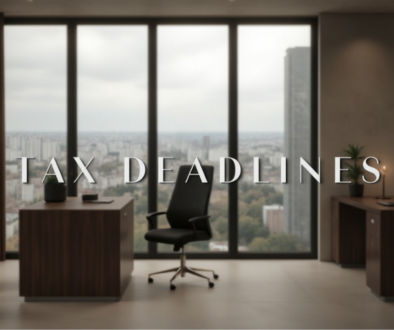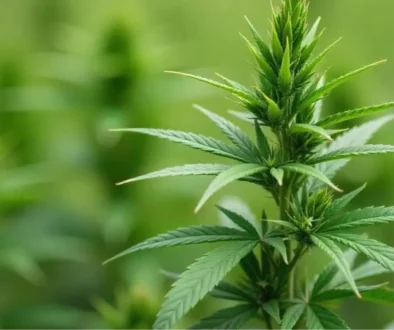Excise Tax Shifts to Retailers in California January 1, 2023
Changes are coming with regards to the collection and payment of cannabis excise taxes is coming to the State of California. Starting January 1, 2023, cannabis retailers will be responsible for collecting excise tax directly from their customers, replacing distributors who’ve handled this task since 2018. The taxes will be calculated on the actual retail sale of cannabis to the customer and will be collected and remitted to the state in a similar way to sales tax. California will issue penalties for the incorrect handling of this responsibility.
Cannabis Retailer Excise Tax Permit
The new cannabis excise tax will be a 15% gross receipts tax on all products containing cannabis. All cannabis retailers and microbusinesses will be required to register for a Cannabis Retailer Excise Tax (CRE) permit with the CDTFA and must begin filing for periods starting January 1, 2023. It’s important to note that this permit is in addition to a standard retailer’s seller’s permit (sales tax reporting and submission).
The CDTFA will automatically register licensed retailers based on information they’ve received from the Department of Cannabis Control. However, unless you’ve received written notification of your new CRE permit, you will probably want to contact the CDTFA, or have our firm contact them on your behalf. The ability to register your business for a CRE permit will not be available from the CDTFA until late December 2022 (or even January 2023), and the option will be accessed on the CDTFA website at CDTFA Online Registration.
How to Calculate and Show the Excise Tax
Gross receipts include the sales price of the cannabis and all charges related to the sale, such as delivery fees and any local cannabis taxes listed separately on the invoice or receipt that is given to the customer. Gross receipts for cannabis excise tax purposes do not include sales tax. However, California requires that sales tax be calculated on the sales price including excise tax. The excise tax must be listed separately on the sales receipt provided to the customer.
When is the First Report and Payment Due?
All new accounts will be required to report on a quarterly basis, with the excise tax payment and report due on or before the last day of the month following each quarter. The first CRE tax return and payment will be due May 1, 2023 (April 30, 2023 is a Sunday) for the period January 1-March 31, 2023.
What About Products I’ve Already Paid Excise Tax On?
If you sell cannabis products in 2023 for which you’ve already paid excise tax to a distributor in 2022 or before, you must still charge your customer the 15% excise tax, but you can claim a credit on your retailer excise tax return for the amount of excise tax you paid to your distributor on the just-sold product. Cannabis retailers must keep documentation to support any credits reported on the CRE return. The CDTFA warns that, without proper documentation, the claimed credit may be disallowed, and they may hold the retailer responsible for the unpaid tax. Proper documentation includes the sales receipt for the sale to the customer and the purchase invoice showing the excise tax paid to the distributor.
Penalties and Interest
The CDTFA will levy penalties and interest if it deems that cannabis excise tax has not been correctly calculated or sufficiently paid. They have expressly stated that they may hold “any officer, member, manager, partner, or other person personally liable for any unpaid cannabis taxes, interest, and penalties when a corporation, partnership, limited liability partnership, or limited liability company fails to pay cannabis taxes due.” The penalty for cannabis related taxes have been 50%- so pay special attention to proper submission the excise tax return and payment by the correct due dates.
Special 20% License Fee Waiver – Vendor Compensation
Certain retailers who were already approved by the DCC for a license fee waiver, can apply to the CDTFA to retain 20% of cannabis excise tax due as vendor compensation. It may be possible to apply for the compensation if you have not yet been approved by DCC. A retailer would need under $5M revenues and be able to show that at least 50% of their business is owned by people who had a cannabis conviction or arrest. The business would need to demonstrate that they “were impacted by cannabis criminalization”.[1]




